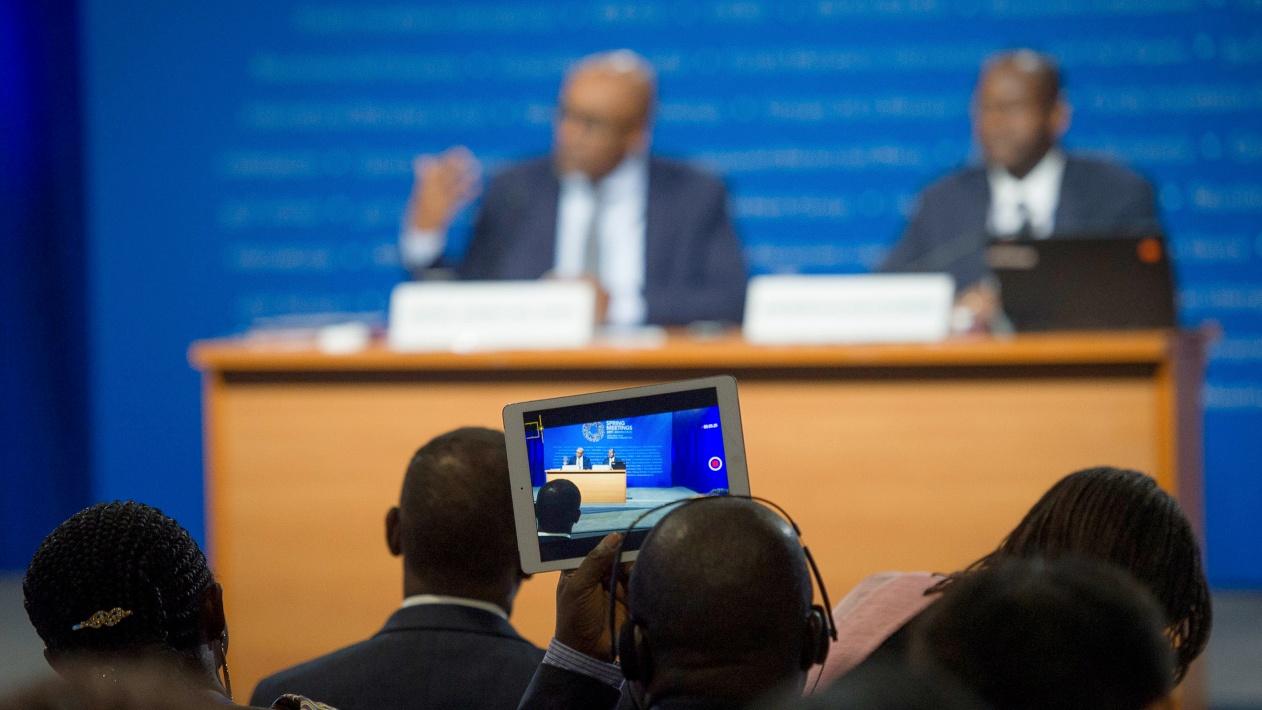Without ambitious and comprehensive debt restructuring, African economies might stagnate, and its creditors will lose out, writes Dennis Shen.
Africa’s debt crisis demands urgent and innovative solutions. The continent’s public debt ratios have risen to their highest levels in decades, exacerbated by the Covid-19 pandemic and the cost-of-living crisis. Africa faces a precarious future. Despite various international initiatives in recent years, the lack of a coherent and effective global debt relief framework threatens to unnecessarily prolong many African nations’ financial and humanitarian distress. A coordinated and comprehensive approach to debt restructuring is needed to stabilise economies and prevent a lost decade.
Africa’s debt crisis
As of July 2024, over half the Sub-Saharan economies assessed by the International Monetary Fund (IMF) and World Bank are at high risk of, or are already in, debt distress. The economic effects of the global pandemic, coupled with the consequences of the war in Ukraine, which has increased energy prices, have severely strained the continent’s budgetary capacities. Recent rises in food prices and overall tighter global financial conditions have also compounded such challenges. The returns investors demand to lend to African countries have soared. Many of the region’s borrowers have lost access to international debt markets because the perceived risk of holding African debt has risen.
The Common Framework for Debt Treatments beyond the Debt Service Suspension Initiative (DSSI), introduced by the G20 grouping of the world’s largest economies in November 2020, was a step in the right direction. It created the possibility of a shared framework for the restructuring of external debt after the pandemic. Nevertheless, the Common Framework has failed to permanently address problems of the uneven treatment of creditors borrowers. Furthermore – only select governments, namely those of Chad, Ethiopia, Zambia and Ghana, have sought relief under the Common Framework to date, highlighting the restricted appeal.
A more robust and inclusive framework is needed. The Latin American debt crisis of the 1980s underscores the dangers of a delayed and piecemeal approach. In that case, only when significant debt write-offs were introduced in 1989 were Latin American countries able to recover. Africa cannot afford a similarly prolonged phase of economic stagnation. A proactive strategy encouraging early and comprehensive debt restructuring is needed.
The potential restructuring of African debt is complicated by the diversity of its creditor base, which includes multilateral institutions, private-sector investors, and bilateral creditors such as China in modern times. Coordination between such varying interest groups requires meticulous negotiations and a commitment to equitable burden sharing. China, Africa’s largest single lender, has displayed some movement towards aligning itself with international standards but needs to be more consistent in its approach. As an example, China has participated within the official creditor committees of Ghana and Zambia but not that of Sri Lanka. Achieving a unified stance from the creditor end is crucial for more consistent and effective debt forgiveness.
Solutions
Building on the principles of the pandemic-phase DSSI, a “DSSI+” framework seeks considerably more significant burden sharing among diverse creditors, including a more substantive role in debt renegotiation for specifically the private sector as well as for China’s state-owned banks and supra-national creditors.
By facilitating greater cooperation and a more equitable distribution of financial losses among creditors, the amount countries are still forced to pay back, even after default, could be reduced. Participating creditor groups could expect to recoup less than under default proceedings and nevertheless bring about a more durable debt resolution for sovereign states.
The problem of insufficient debt restructuring rests not only with creditors but also with the borrowers themselves. Sovereign borrowers are frequently wary of debt restructuring for fear of credit-rating downgrades, which increase the long-run cost and difficulty of raising new debt.
However, early comprehensive debt restructuring curtails ultimate financial losses for creditors and may help alleviate long-run debt sustainability shortcomings and so should be encouraged. A re-worked loss-given-default framework for sovereign credit ratings as one example might better incentivise countries to engage in such early debt restructuring.
The path ahead
Despite the potential benefits of more-coordinated debt restructuring, multiple obstacles remain. The IMF’s debt-sustainability analyses and conclusions for market-access and low-income countries alike are frequently contested, which is stymying consensus around the scale of debt restructuring needed. At the same time, the political dimensions of debt renegotiation can see inconsistent and opportunistic behaviour among creditors.
To overcome such challenges, stakeholders must commit to transparency and deeper collaboration. Enhanced information sharing, particularly regarding IMF debt-sustainability analyses, is essential.
The experiences following the Heavily Indebted Poor Countries Initiative (HIPC) reveal that debt relief alone is not enough. The IMF and World Bank launched HIPC in 1996 to relieve eligible countries from unsustainable debt burdens, but write-offs alone did not bring about a fuller course correction. Sustainable development requires responsible debt management, improved budgeting processes, and reforms for stabilising public finances.
The urgency of Africa’s debt crisis cannot be overstated. A comprehensive and coordinated approach to debt restructuring is needed to prevent a lost decade and the associated human suffering. By encouraging equitable burden sharing among the diverse creditor groups, revisiting and revising credit rating methodologies, and ensuring that African governments adopt targeted fiscal and financial reforms, we give the continent a stronger chance of a robust and sustainable economic recovery.
Photo credit: 2010 World Cup – Shine 2010 used with permission CC BY 2.0





